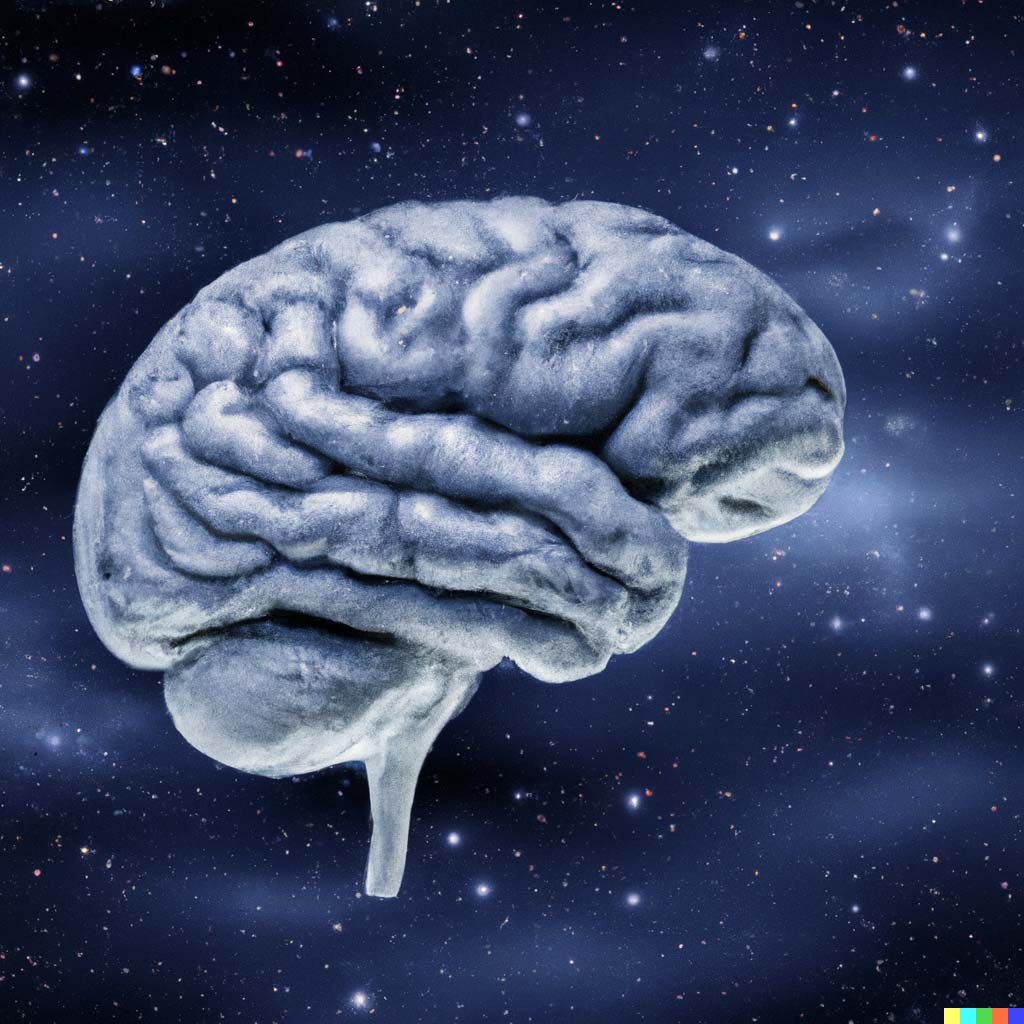
The evolution of science a few centuries ago has enhanced the value of rational thought. In earlier eras before science became our main source of information, we filled the vacuum of knowledge with superstition. We believed in witches, soothsayers and eternal punishment in Hell. Today, most people in the educated world are less likely to subscribe to such naive beliefs and seek answers from more research-based information.
The Flynn Effect and the Reverse Flynn Effect suggest that the average intelligence of a population, as measured by IQ tests, fluctuates across generations. (See: Are Humans becoming Less Intelligent? – Intelligence and IQ ) Since cultures vary in their ability to nurture genetic gifts, there is some variability in the average intelligence across cultures, however, the average citizen in First World countries is better educated than in past and our species may be better positioned than in the past to use our potential for rational thought.
The forces of evolution involving natural selection and survival of the fittest continue to shape and change our brain neurology, suggesting that we can always increase our mental potential through selective mating or eugenics. However, genetic changes are glacially slow, so it would take many generations to raise the average intellectual capacity of humans. Alternatively, we might attempt to increase human intelligence through gene manipulation, but that seems to be a long way into the future. The study of epigenetic effects, whereby genes are “turned on and off” by environmental factors is still in its infancy, and in the years ahead, we may discover a way to activate particular SNPs (intelligence components) by external stimuli.
All of these considerations beg the question, “Is it beneficial to increase the mental potential of humans?” As we look at the history of human achievement, we observe that our rational brains have created technologies of ever-increasing power, from cars, planes and spaceships to computers, MRI scanners and nuclear bombs. Yet, with all these advances, we stand on the precipice of total annihilation. Biologist J. B. S. Haldane observed, “Man armed with science is like a baby with a box of matches.“
Stephen Hawking, in his 2018 (before COVID) posthumous publication, Big Answers to the Big Questions, warned:
Aggression, …, has had definite survival advantage up to the present time. But now it could destroy the entire human race and much of the rest of life on Earth. A nuclear war is still the most immediate danger, but there are others, such as the release of a genetically engineered virus.
Our best hope for the survival of our species is to ensure that our rational brains overrule our inherited instincts. It may not be a matter of increasing our current rational powers but more a matter of subordinating our emotional instincts to our rational capabilities. Over 200 years ago, the celebrated German author and philosopher Johann Wolfgang Goethe stated: Humans fear reason, but they ought to fear stupidity-for reason can be hard, but stupidity can be fatal.
